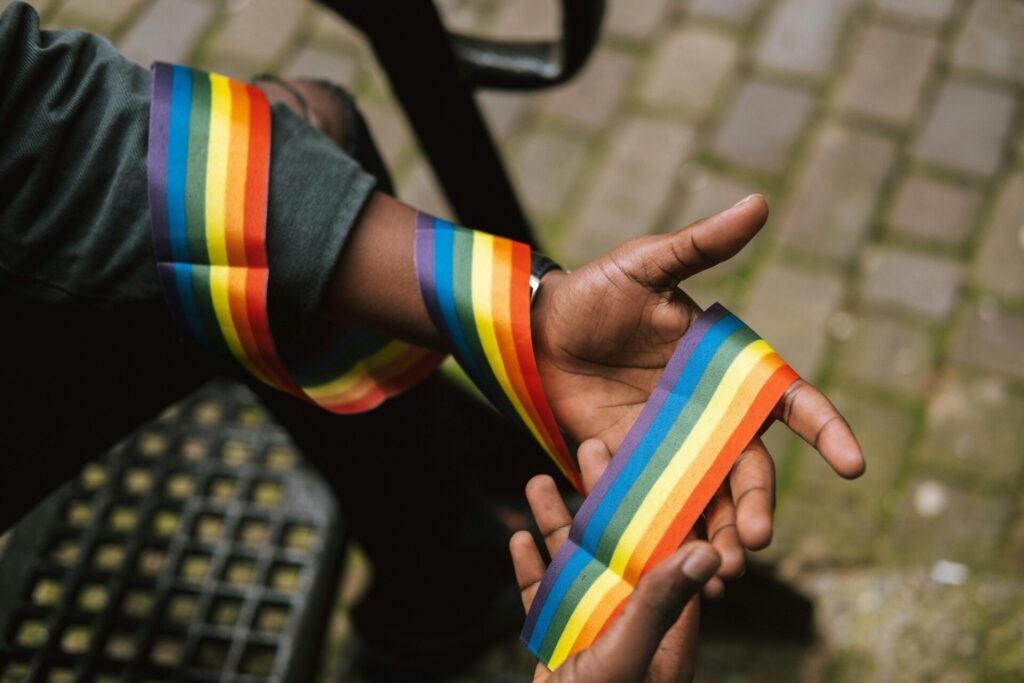Navigating the complexities of mental health as a member of the LGBT community can present unique challenges. Discrimination, social stigma, and a lack of understanding from others can exacerbate the already difficult journey of managing one’s mental well-being. However, with the right support systems in place, individuals can find strength, resilience, and healing. In this article, we’ll explore the importance of building strong support systems for LGBT mental health and discuss various strategies and resources available to those seeking support.
Understanding the Challenges
According to Dr. Caitlin Ryan, a leading expert in LGBT mental health, individuals within this community are at a higher risk for depression, anxiety, and suicidal ideation due to societal pressures and discrimination. This highlights the urgent need for tailored support systems that address the unique needs of LGBT individuals. From facing rejection from family members to experiencing workplace discrimination, the challenges can be multifaceted and overwhelming. However, recognizing these challenges is the first step towards finding effective solutions.
Therapist and author, Dr. Joe Kort emphasizes the importance of creating safe spaces where LGBT individuals can express themselves openly without fear of judgment or discrimination. Whether it’s through support groups, online forums, or LGBT-friendly therapy services, having a safe space to share experiences and emotions can be incredibly therapeutic. These spaces foster a sense of belonging and validation, which are crucial for mental well-being.
According to the National Alliance on Mental Illness (NAMI), affirmative therapy involves providing support and understanding specifically tailored to the needs of LGBT individuals. Therapists who are trained in affirmative therapy techniques can offer a safe and affirming environment where clients feel understood and accepted. By incorporating DBT principles and other evidence-based approaches, therapists can help clients develop coping skills and improve their overall mental health.
Author and mental health advocate, Sam Dylan Finch, highlights the importance of building supportive relationships within the LGBT community. Whether it’s with friends, chosen family, or supportive allies, having a strong support network can provide a buffer against the challenges of everyday life. These relationships offer emotional support, validation, and practical assistance when needed, helping individuals feel less isolated and more empowered.
Cultivating Self-Compassion
Dr. Kristin Neff, a pioneer in the field of self-compassion research, emphasizes the importance of cultivating self-compassion, especially for LGBT individuals who may have experienced rejection or discrimination. Practicing self-compassion involves treating oneself with kindness, recognizing one’s common humanity, and being mindful of one’s emotions without judgment. By developing a compassionate mindset, individuals can navigate challenges with greater resilience and inner strength.
According to activist and scholar, Janet Mock, it’s essential to recognize the intersectionality of identities within the LGBT community. LGBT individuals come from diverse backgrounds with intersecting identities such as race, ethnicity, disability, and socioeconomic status. Understanding how these intersecting identities influence experiences of discrimination and access to resources is crucial for creating inclusive support systems that address the needs of all individuals within the community.
In addition to peer support and affirming relationships, seeking professional help from qualified therapists can be instrumental in managing LGBT mental health. Therapists like Dr. Alex Keuroghlian, a leading expert in LGBT mental health, can provide specialized care and support tailored to the unique needs of each individual. Whether it’s through individual therapy, group therapy, or online counseling services, finding the right therapist who understands and affirms one’s identity is essential for long-term mental well-being.
Building strong support systems for LGBT mental health is a journey that requires patience, resilience, and courage. By creating safe spaces, accessing affirmative therapy, building supportive relationships, cultivating self-compassion, exploring intersectionality, seeking professional help, and empowering advocacy, individuals can navigate the challenges of mental health with greater strength and resilience. Remember, you are not alone, and support is available to help you thrive.
About the Author
Dr. Rahmany began her academic journey at San Francisco State University, earning a bachelor’s degree in psychology. She furthered her studies at the California School of Professional Psychology, obtaining a master’s and a doctorate in clinical forensic psychology. She started her career at the California Department of Corrections and then joined Cyti Psychological and became the National Clinical Director. Her diverse experiences have reinforced her commitment to psychology and its impact on communities.


